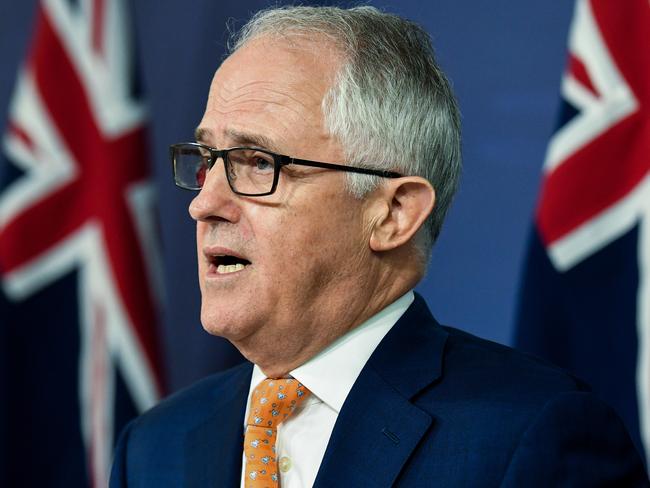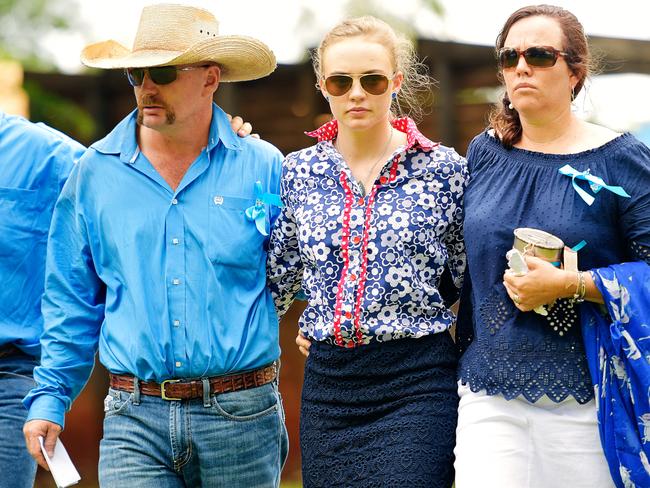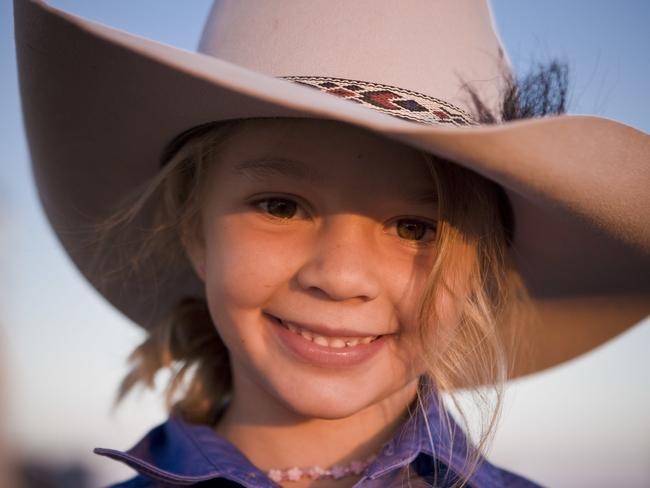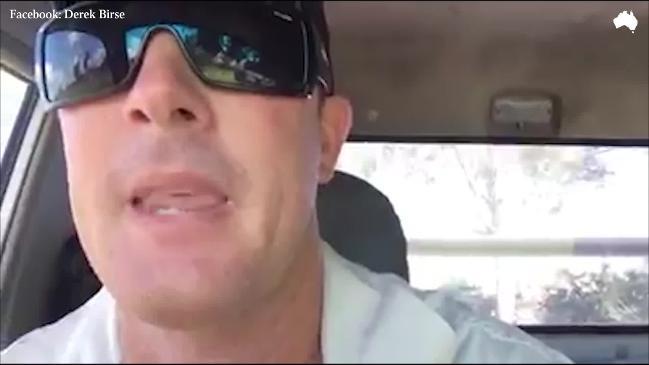Katie Bice: Kids must hear Dolly Everett’s story
BEFORE kids are allowed on social media, they should be told the tragic story behind Dolly Everett’s suicide. It would, literally, save a lot of grief, writes Katie Bice.
Opinion
Don't miss out on the headlines from Opinion. Followed categories will be added to My News.
AMY “Dolly” Everett was a kind, gentle teenager who is now lost, swallowed by the dark abyss of bullying on social media which seemed so inescapable to her she took her own life.
It’s unimaginable when looking at the photos of young Dolly smiling at home with her horses and her family that her story would end in suicide.
As a child Dolly became the face of Akubra — her sweet smile and twinkling eyes peeking out from under the brim of her hat.
Now her tale is tragic and her family’s grief real and raw.
Even Prime Minister Malcolm Turnbull was moved by the Everett’s story, releasing a statement late last week.
TRIBUTES FLOW FOR 14-YEAR-OLD DOLLY EVERETT
MOURNERS GATHER FOR DOLLY’S MEMORIAL

“Dolly, you are loved and you will never be forgotten,” he said.
“Any life lost to bullying, especially someone as young as Dolly ... is one too many.
“Dolly’s passing highlights the devastating impact that bullying can have on its victims. Every step must be taken to reduce the incidence of bullying, whether offline or on, and eliminate it wherever we can.”
No one would disagree with his sentiment.but we must be careful how we react to Dolly’s passing.
Her father, Tick, urged those people who had taunted his daughter to attend her funeral and see for themselves the devastation their actions had caused.
No good can come of that. It may only result in one of them spiralling into the darkness that claimed Dolly.
We must respond to this tragedy with what Dolly’s tormentors apparently had so little of — compassion and understanding.
The parents of those children are probably telling their kids they couldn’t possibly have known they would have caused Dolly’s death. While that may have some truth to it, I hope they are also being told that their actions were nevertheless unacceptable.
Some have called for stronger government legislation against cyber bulling to ensure there are serious consequences for perpetrators.
DOLLY’S PARENTS’ PLEA: WE’VE GOT TO START TALKING ABOUT IT

In Victoria, we already have Brodie’s law, introduced following the death of a 19-year-old girl in 2006. Brodie Panlock had endured ongoing intimidation and humiliation by co-workers at the cafe where she worked. Those responsible were charged, but under the occupational health and safety act because laws at the time had not kept pace with the development of internet chatrooms.
It’s frightening to think how much social media has changed since Brodie’s death more than a decade ago. As Dolly’s case shows, those barely out of childhood use it every day — for purposes good and bad — considering it as natural and important a part of their day as sleeping and eating.
It’s more accessible than it has ever been to those younger than ever before — and it never stops.
It’s every minute of the day, and night, every day of the year.
Brodie’s law works for those old enough to understand it.
But we don’t let 14-year-olds drink or have a licence because we know they are irresponsible at that age. We know they can’t see around corners and predict the possible outcomes of their bad behaviour, so we protect them from themselves.

Hauling them before police and courts to face punishment for their actions is unlikely to work as a deterrent to other young people.
Not to mention the fact that no judge in the land would want to jail a child and most would be reluctant to even convict one, knowing that a decision a child made when they were 14 would follow them forever.
The only solution to this will not be found in courts, or laws or police interview rooms. It’s for our children to know Dolly and Brodie’s stories.
Our best hope is to tell them something so powerful that it cuts through and lets them step away from the keyboard whenever they are in danger of being swept up by a pack mentality or carried away in the moment.
It’s no use telling ourselves that they are too young to understand it or that they need to be protected from it. It’s no use being in denial ourselves; believing our children are good kids and wouldn’t do that.
If they are old enough to use social media, old enough to text, they must be told the story of these girls.
Dolly died at 14. She should be the last, but she won’t be.
— Katie Bice is the Sunday Herald Sun deputy editor



